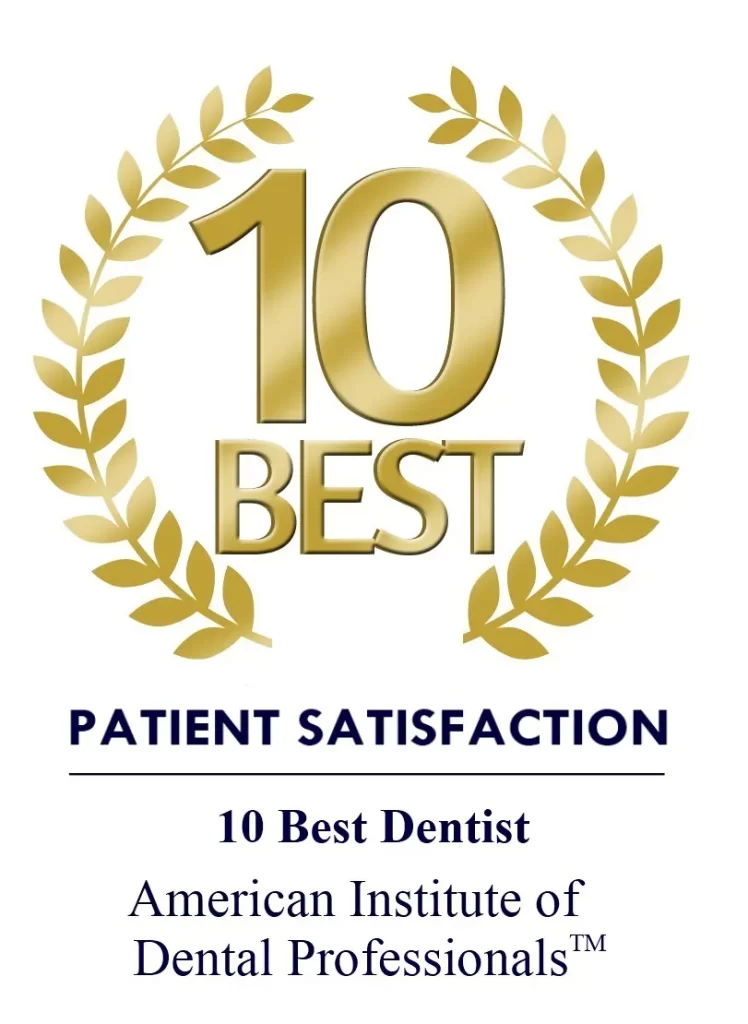
Did you know that in the United States alone 1 out of 7 people suffer from gum disease? Gum disease, also known as gingivitis, does not start out as a serious problem, but if left untreated, it can soon become a much more serious condition known as periodontal disease or periodontitis. If you don’t treat your periodontal disease, you might have to deal with the consequences such as jawbone damage and even life-threatening infections.
Fortunately, there are several periodontal disease treatments available so you won’t have to deal with these consequences. However, you should act fast because the detriments of periodontal disease can act fast. To learn more about periodontal disease and your treatment options, keep reading more below.
What Is Periodontal Disease?
As mentioned before, gum disease usually starts out as gingivitis. Many people actually have gingivitis without knowing it. Have you ever complained that your gums bleed when you floss on occasion?
That might be a sign that you might have gingivitis. The reason why your gums bleed when you floss is that your gums are very slightly inflamed and puffy and therefore more sensitive. However, you have likely noticed that if you continue to floss, your gums will no longer bleed.
This is because flossing is able to strengthen the gums and remove any plaque or bacteria that might be irritating the gums or causing a gum infection. Healthy gums should be pink and firm. On the other hand, inflamed and diseased gums are red, soft, and puffy.
If you keep a good oral hygiene routine that involves brushing your teeth and flossing, you should never have to worry about gum disease. However, many people don’t brush and floss as often as they should which is how gum disease happens in the first place. You can keep gingivitis from getting any worse and even get rid of it completely by following some basic dental care practices.
If you avoid taking care of your oral hygiene, gingivitis will eventually progress to periodontitis. When you have periodontitis, your gums will be very inflamed and they might bleed when you eat certain foods or when you brush your teeth. Periodontitis specifically affects the bone that holds your teeth in place (periodontal pockets).
As periodontitis gets worse, these pockets start to weaken and you may notice that your teeth are loose. Periodontitis often leads to the loss of teeth in severe cases. It may also lead to bad infections and damage to the surrounding bone.
Periodontal Disease Treatments
Of course, the best periodontal disease treatment is prevention. However, if you already have periodontal disease, there are a few things that you can do to keep the condition from getting any worse. If this disease has already destroyed some of your gum line, there are also solutions that you can try to restore your gums.
Scaling is an important treatment method that dentists often employ for those who suffer from periodontal disease. Scaling is a type of dental cleaning that mainly involves the removal of plaque and tartar which is also known as calculus. Those who don’t brush their teeth or floss often end up with a lot of plaque and tartar.
Tartar is a hard, calcified substance derived from plaque that builds up between teeth. It is one of the primary irritants to the gums and can cause a lot of inflammation. Plaque, on the other hand, is a soft and sticky substance that builds up over the surface of your teeth.
When your dentist scales your teeth, he will use a special tool to scrape away all the tartar you have. This will reduce any inflammation your gums are currently experiencing and it will make it easier to clean between your teeth. Depending on how much tartar you have, you may need to come back to the dentist for a second time for a second scaling treatment.
After your scaling procedure, you should get your teeth professionally cleaned every three to six months to make sure you maintain good oral health. The use of antibiotics is another treatment for periodontal disease. Dentists usually will provide you with antibiotics after a scaling treatment or another gum-related treatment.
Antibiotics can ensure that your periodontal pockets remain healthy as they heal.
Advanced Periodontal Disease Treatments
If you have advanced periodontitis, scaling and antibiotics might not be enough to solve your problem. This is because those with advanced periodontitis often suffer from gum recession and bone loss. In this case, you might need to try flap surgery.
Flap surgery involves cutting and suturing the gums very close to the teeth and bone. This makes it so the periodontal pockets are stronger and tighter than before. If you require extra tissue to cover the roots of your teeth, your dentist may take some tissue from the top of your mouth or from the inside of your cheek.
Your dentist will then be able to apply this tissue over your teeth where it will grow into your existing gums and protect your teeth. In severe cases, bone and tissue grafts may be necessary. This is especially true if your periodontal disease is so severe that it damaged parts of your jawbone.
Laser-Assisted Therapy for a Less Invasive Option
LANAP® – also known as the laser-assisted new attachment procedure – is a less invasive option periodontists (such as Dr. Prabha Krishnan of Forest Hills, NY) are able to offer their patients.
The LANAP® procedure utilizes the highly specialized PerioLase® MVP-7™ laser to provide a non-invasive, more predictable results driven treatment to fight gum disease. The protocol selectively targets and kills the bacteria that cause gum disease, removes damaged gum tissue, and creates new attachment of healthy tissue back to a tooth’s root surface. LANAP® treats gum disease without the pain, gum line recession, and increased sensitivity traditionally associated with periodontal treatments. Additionally, LANAP® offers more predictable long-term results.
LANAP® is the first and only FDA cleared laser protocol on the market for fighting gum disease. The laser surgery’s ability to kill the bacteria that causes gum disease is backed by both domestic and international independent studies. LANAP® can save natural teeth that otherwise would require extraction by promoting bone regeneration. LANAP® saves teeth, reduces pocket depth, and regenerates bone growth to achieve optimum periodontal health.
The LANAP® procedure typically helps patients resume their everyday lives at a much faster pace with generally much less pain.
To learn more about LANAP® or to schedule a consultation, click here.
Everything You Need to Know About Periodontal Disease Treatments
There are many periodontal disease treatments available. With these treatment options, you can make sure that your gum disease doesn’t worsen. By getting your gum disease treated and by following an oral hygiene routine, you can look forward to having healthy gums and teeth.
To learn more about dental treatment options and services, contact us here.

